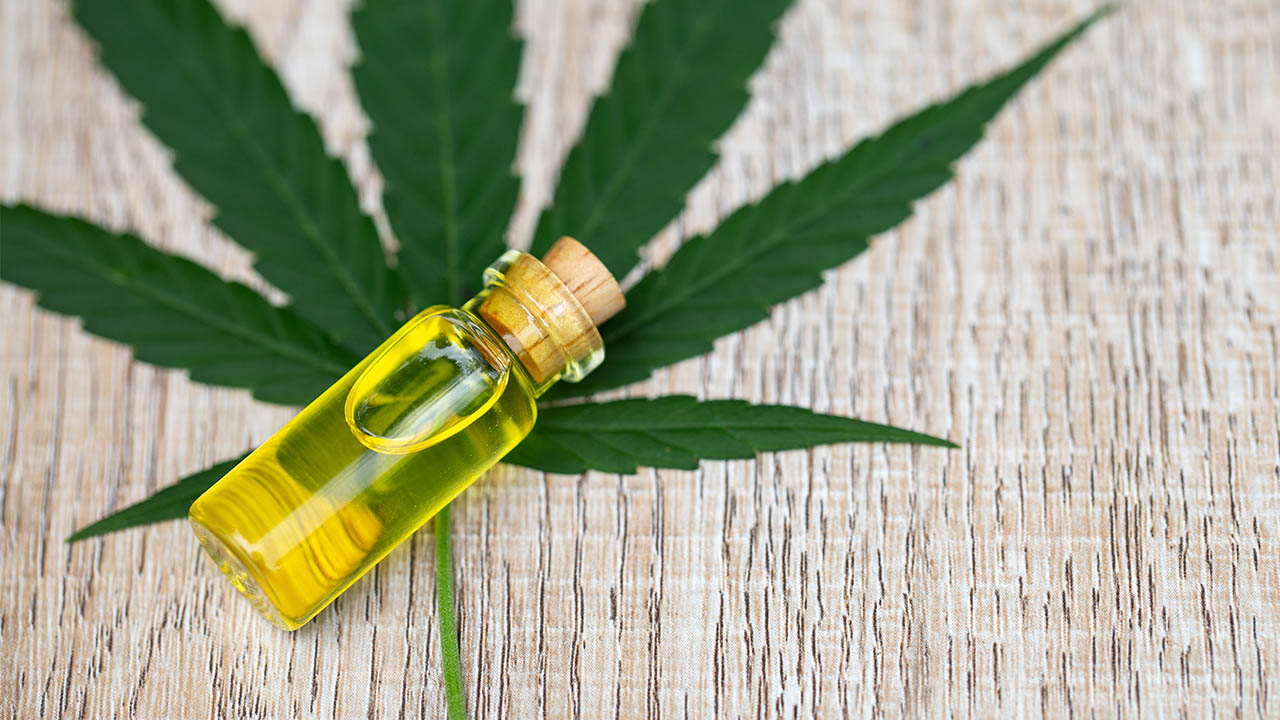Hemp oil, often known as cannabidiol (CBD), contains cannabinoids. Reduced inflammation and discomfort are two potential health benefits. However, not all states permit it, which could pose specific concerns. The FDA authorized Epidiolex, a refined CBD oil, to treat two kinds of epilepsy in June 2018. In certain states, only medical marijuana is allowed.
The many chemicals in cannabis each have their unique impacts. Some of them can be used as a treatment, but not all. Similarly, some kinds are permitted in some states while others do not. In this piece, we’ll discuss what cannabidiol (CBD) is, the potential health benefits, how to use it, any hazards involved, and the current legal position of CBD in the United States.
Table of Contents
What CBD Oil Is, Why It’s Good for You
Possibly helpful in relieving pain
As long back as 2900 B.C., people used cannabis to alleviate their suffering. Recent research has pinpointed CBD-a, one of cannabis’s active compounds, as the source of the plant’s analgesic properties. The endocannabinoid system is a complex network of receptors and enzymes in the human body that regulates activities as diverse as sleep, appetite, pain perception, and immunological response.

Endocannabinoids are neurotransmitters produced naturally by the body that attach to cannabinoid receptors. According to research, CBD’s potential to alleviate chronic pain stems from its ability to modulate endocannabinoid receptor activation, decrease inflammation, and interact with neurotransmitters. There is preliminary evidence that CBD, when administered alone, can be helpful for certain forms of pain, such as nerve and back pain. Combining it with THC, however, seems to maximize its efficacy.
Could alleviate signs of various mental illnesses
Adverse physical and mental health effects from conditions like anxiety and depression are well-documented. Drugs used for mental health issues can have unwanted side effects, including sleepiness, agitation, sleeplessness, sexual dysfunction, and headaches. Furthermore, drugs like benzodiazepines may cause addiction and dependence. Many people who suffer from mental health concerns, such as anxiety disorders, have been curious about CBD oil as a potential natural treatment. As well as information about does CBD oil work for pain relief.
Some people with cancer or undergoing cancer treatment may find relief from nausea, vomiting, and pain by using CBD. In a previous trial, researchers examined the effects of CBD and THC on 177 persons with cancer-related pain who had not found relief from conventional pain medicines.
Patients treated with a combination extract of the two substances had significantly less pain than those treated with a THC extract alone. According to an analysis of five research, Sativex may assist some people with cancer-related pain.
Possible neuroprotective effects
Scientists think that people with neurological problems could benefit from CBD because of the compound’s capacity to interact with the endocannabinoid Ouviste system and other brain-signaling systems. CBD to treat neurological illnesses, including epilepsy and multiple sclerosis, is one of the most researched applications of this compound. Although studies in this area are still fresh, some have shown encouraging outcomes.
It may be suitable for your heart’s health.
Some studies have shown that CBD can help reduce high blood pressure and provide other cardiovascular benefits. Multiple health problems, such as cardiovascular disease, stroke, and metabolic syndrome, are associated with hypertension.
Evidence from the scientific literature suggests that CBD might help lower blood pressure.
Nine healthy men were given 600 milligrams of CBD oil in some research. CBD therapy was more effective than placebo at lowering baseline blood pressure.
Conclusion
It has been found that CBD oil and other CBD-based medicines can help with various symptoms, including pain, anxiety, and even seizure management. CBD has been shown to have few adverse effects in tests, but more study is needed to determine whether or if it is beneficial in treating a wide range of medical conditions.
Some people also take CBD oil for diseases scientists haven’t explored. CBD oil users should consult a medical professional to determine the drug’s safety and whether or not CBD is more effective than standard treatments.




